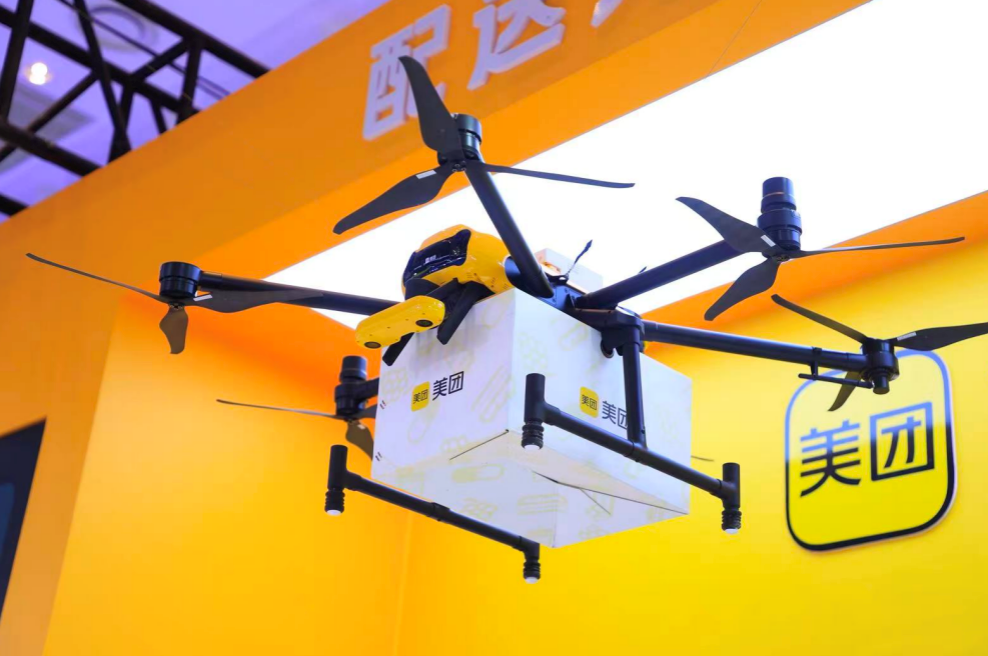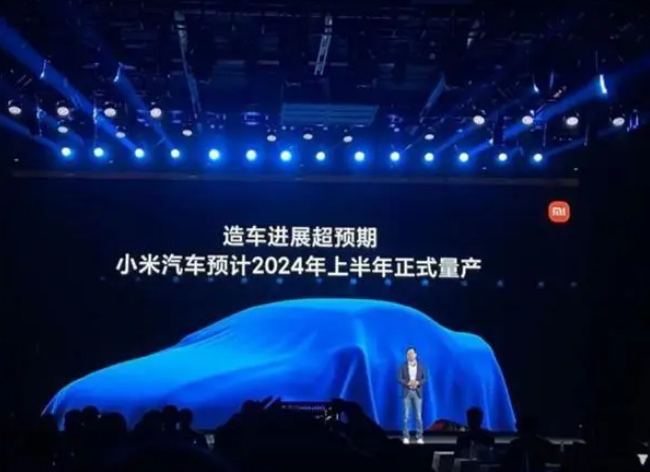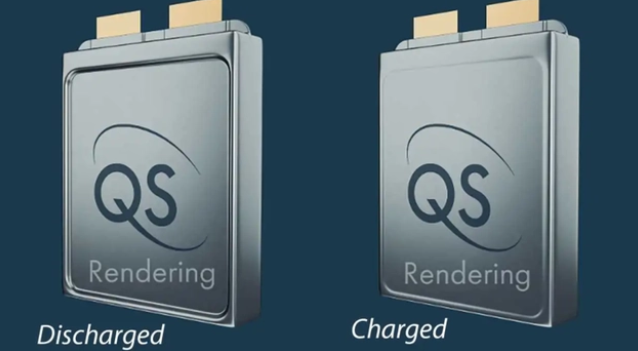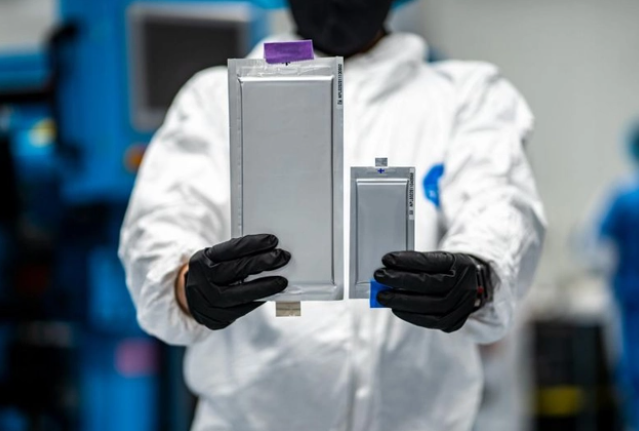Following giants such as Xiaomi, Tencent, and Meituan, ByteDance has also come.
Recently, ByteDance cooperated with Wu Fan’s team from the Institute of Physics, Chinese Academy of Sciences to propose a new all-solid-state battery configuration, realizing for the first time an all-solid-state battery that can withstand extremely low detection temperatures (-60°C).
The all-solid-state battery configuration of this novel ultrafast lithium-ion conductor Li6.8Si0.8As0.2S5I combined with the commercialized FeS2 positive electrode, in addition to completely eliminating the shuttle effect of FeS2 and suppressing its volume change, due to the relatively high density of LASI-80Si Low activation energy (0.2eV) and excellent FeS2/LASI-80Si interface stability, FeS2 all-solid-state batteries using LASI-80Si have a wider operating temperature range (-60°C~60°C) than FeS2 liquid lithium-ion batteries ).
Moreover, the solid-state battery also has a long cycle life (244 cycles at 0.1C, 600 cycles at 1C), excellent rate capability (20C), high areal loading (13.37 mg cm-2) and high areal capacity ( 9.05 mAh cm-2) and other advantages.
These results demonstrate that the combination of LASI-80Si solid-state electrolyte and FeS2 cathode has great potential in the practical application of wide-temperature range and high-capacity all-solid-state batteries.
Compared with Internet companies such as Xiaomi that have already started building cars, ByteDance’s layout in the field of power batteries is a bit slow, but the cooperation with the Institute of Physics of the Chinese Academy of Sciences is definitely not as simple as just doing research. Since the beginning of this year, new research progress on solid-state batteries has been announced. With the continuous improvement of solid-state battery technology, it is gradually approaching industrial applications.
It is understood that Wu Fan’s team at the Institute of Physics of the Chinese Academy of Sciences is composed of many domestic experts in the fields of new energy, lithium batteries, and solid-state batteries. It is worth looking forward to whether this research result will eventually enter the mass production process.
The Internet also loves new energy
In recent years, Internet companies have significantly increased their interest in new energy industries such as lithium batteries and photovoltaics, and some listed companies have directly participated in cross-border operations. Especially in 2022, the lithium battery industry will advance by leaps and bounds, and Internet companies will take decisive action to expand their diversified business territory.
It is not difficult to see this change from the investment trend of Meituan. Since the second half of 2022, Meituan has not only participated in the capital increase of Xinwoda automobile batteries, but also Beijing Kuxun Technology Co., Ltd., a subsidiary of Meituan, has successively invested in two battery companies-Huzhou Chaona New Energy Technology Co., Ltd. and Wuhan Bisidi Battery Co., Ltd. Materials Ltd. On December 14th and 16th, Kuxun became the third largest shareholder of Chaona New Energy with a 10% shareholding ratio, and invested 1.132 million yuan in Bisidi. The two companies are respectively dedicated to sodium-ion and lithium-ion batteries Key materials and battery research and development.
In August of this year, Kuxun Technology also participated in the capital increase of Sunwoda Power Battery, investing 58.42 million yuan, with a shareholding ratio of 0.69%. Not only that, Wang Xing also provided Sunwoda with convertible bond loans through Shenzhen Meizhu Meipeng Enterprise Management Consulting Partnership (Limited Partnership), which will be used for Sunwoda’s daily operating funds.
Starting in 2019, Meituan’s investment direction has shifted to smart hardware, automotive transportation, advanced manufacturing and other fields. In this year, Wang Xing led the C-round financing of Ideal Auto , with a personal contribution of 285 million US dollars. In 2020, Meituan led the investment of USD 500 million in the D-round financing of Ideal Auto. Since then, Ideal Automobile has been listed, and both Wang Xing and Meituan have benefited a lot.
At the same time, Meituan is also independently developing cutting-edge technologies such as automatic delivery vehicles and drones, trying to deeply deploy local life through smart cars and unmanned delivery. It can be seen that Meituan’s new energy layout still serves the closed-loop supply chain ecology.
Unlike Meituan, Xiaomi is directly building cars. In March 2021, Xiaomi officially announced that it will build cars, and will settle its self-built factory in Yizhuang, Beijing. It plans to mass-produce cars in the first half of 2024. At present, the first phase of the project has been capped. Judging from the latest information, Xiaomi’s first model will be a sedan. At present, the engineering prototype has been completed, and it is in the research stage of software integration. Not only making cars, Xiaomi has also invested in Weilan New Energy, the most competitive solid-state battery start-up company in China. Weilan New Energy is a popular solid-state battery. In addition to Xiaomi, veteran technology giants such as Lenovo and Huawei have also entered the game.
Tencent took a stake in Guangzhou Juwan Technology Research Co., Ltd. in April this year. Juwan Technology Research is the first internal incubation technology innovation company of GAC Group. Funded and established. Its research and development of the “super fast charge ternary soft pack lithium battery” (3C/6C version), which charges 80% in 5-8 minutes, has been mass-produced in GAC AIO NV Plus models, creating the ” fastest electric vehicle Charging technology” world record.
Of course, Tencent is interested in more than one battery company. The car-making project of Stone Technology founder and CEO Chang Jing, Rock Car , has completed a financing of US$100 million by the end of 2021, led by Tencent Group. Moreover, Tencent invested in Tesla many years ago and holds a considerable proportion.
In addition, many listed Internet companies have also cross-border battery manufacturing.
On December 25th, the 35th Internet, which is mainly engaged in the construction of corporate mailboxes and websites, announced that the company’s holding subsidiary Tianjin Communications plans to sign a project investment cooperation agreement with the Danling County People’s Government of Meishan City to invest in the construction of “5GW ultra-efficient heterojunction ( HJT) battery 5G smart factory project, with a planned total investment of about 2.5 billion yuan, is expected to be fully completed and officially put into production before December 2024. 35 Internet said that this investment is to seek new profit growth points.
On December 4, Kunlun Wanwei announced the addition of an investment business segment in the new energy field, which was personally in charge of the company’s chairman Jin Tian. On the same day, the company announced that it would invest in and hold a controlling stake in Green Vanadium New Energy, an energy storage business company.
Sheng Xunda, which is engaged in overseas game operations and live broadcast e-commerce business, also announced at the end of November that it plans to acquire assets to obtain 48% of the two lithium mines in Lushi County, Henan Province, and enter the lithium mining industry across borders. The business sector received a letter of concern from the Shenzhen Stock Exchange.
Solid-state batteries represent the future
As a safer and cheaper alternative to lithium batteries, solid-state batteries have been continuously published this year.
In October, Chinese professor Li Xin from Harvard University and his student Ye Luhan developed a new type of solid-state battery that can be reused 10,000 times, and the charging speed is as fast as 3 minutes. In comparison, the current best solid-state battery cycles are 2000- 3000 times. Such achievements have directly made a historic leap in the life and charging speed of solid-state batteries. After the paper was published in the scientific journal “Nature”, it caused a sensation.
Also in October, the National Aeronautics and Space Administration (NASA) stated that the energy density of the solid-state battery it has successfully developed has reached 500Wh/kg, which is almost twice the energy density of the best electric vehicle battery at present – Tesla The energy density of the 4680 lithium battery is about 300Wh/kg. Compared with the existing liquid electrolyte lithium-ion battery, the solid-state battery has higher energy density, smaller battery size, can continue to be used after being impacted, and has a lower risk of fire.
The solid-state battery developed by Bytedance and the Institute of Physics of the Chinese Academy of Sciences has a wider operating temperature range. These all show that the technology of solid-state batteries is being perfected and is gradually approaching industrial applications. Overseas, the industrial production of solid-state batteries has already begun.
On December 22, QuantumScape, a US solid-state battery developer, announced that it shipped its first batch of 24-layer lithium metal batteries to electric vehicle manufacturers for internal testing. The company, whose biggest investors include Volkswagen Group and Bill Gates, announced in July that it had started testing 24-layer solid-state batteries.
It is reported that the A0 sample sent to the OEM for testing is part of the first generation prototype of QuantumScape, which has 24 layers, each layer includes a solid-state separator, a cathode and an in-situ formed lithium metal anode. Future (B and C) samples are expected to bring more improvements in the coming years.
At the same time, on December 21, Solid Power in Colorado stated that it would provide BMW with some intellectual property rights related to solid-state batteries and allow BMW to produce the above-mentioned solid-state batteries in its German factory. In fact, the BMW Group is the majority shareholder of Solid Power, which invested US$130 million in Solid Power in 2022, and plans to launch a prototype car equipped with a solid-state battery by 2025 and achieve mass production by 2030. At present, this process is accelerating.
Both Solid Power and QuantumScape are relatively cutting-edge start-up companies in the United States that develop solid-state batteries. BMW invested in Solid Power, and Volkswagen invested in QuantumScape. Volkswagen Group injected $100 million into QuantumScape in 2018 and will add another $200 million in 2020. This year, Volkswagen Group announced that it will use solid-state batteries in its electric vehicles by 2025.
In terms of Japan and South Korea, Toyota cooperated with Ilika, a solid-state lithium battery start-up company, in 2008. It plans to launch a hybrid vehicle using solid-state batteries in 2025. Companies such as Mitsubishi, Nissan, and Panasonic have also accelerated the layout of solid-state batteries. At present, Toyota has 1,331 patents related to solid-state batteries in the world, ranking first in the world, and Panasonic ranks second with 272 patents.
Domestically, Weilan New Energy, Ningde Times , China Innovation Aviation , Guoxuan High-Tech , Ganfeng Lithium Industry , Funeng Technology , etc. have disclosed their progress in semi-solid battery technology. At the beginning of this year, Funeng Technology’s first-generation semi-solid battery (energy density 330Wh/kg) received good feedback from OEM customers; The battery pack has a capacity of 160kWh, and the driving range exceeds 1000km. The 150kWh semi-solid battery produced by Weilan New Energy and Weilai is in full swing, and may be made public soon.
At present, more than 50 manufacturing companies, start-up companies and university research institutes around the world are committed to the advancement of solid-state battery technology.
Some professional institutions predict that global solid-state battery shipments will exceed 250GWh in 2030, and the output value will exceed 150 billion yuan. The track is attractive enough, so it also attracts the attention and pursuit of all parties. However, solid-state battery technology is still immature at this stage, and transitional semi-solid-state batteries are mainly used in China as the main application. Industry insiders believe that it will take about ten years for solid-state batteries to achieve industrialization and have an important impact on the market structure, and more technological innovations and market tests are needed.
Despite the difficulties, in the pursuit of energy density and safety, solid-state batteries are still expected, which may be the reason why ByteDance entered the game.
This article is from the WeChat public account “Zero Carbon Wind and Cloud” (ID: case-study) , author: Da Wei, 36 Krypton is authorized to publish.
media reports
36Kr Sohu Sina
related events
- Bytedance is involved in solid-state batteries, Internet giants also love new energy 2023-01-05
- BYD was revealed that a sodium battery model is already on the road: the battery life is 300 kilometers and the price is only 60,000 2022-11-29
- BYD responds that recent rumors about solid-state batteries are false information Toyota’s global production plan in December has been reduced to 750,000 vehicles2022-11-22
- Weilan New Energy completed the D round of financing of nearly 1.5 billion yuan2022-11-08
- Enli Power received more than 20 million US dollars in A+ round investment2022-06-30
This article is transferred from: https://readhub.cn/topic/8miXEeIvwqF
This site is only for collection, and the copyright belongs to the original author.



